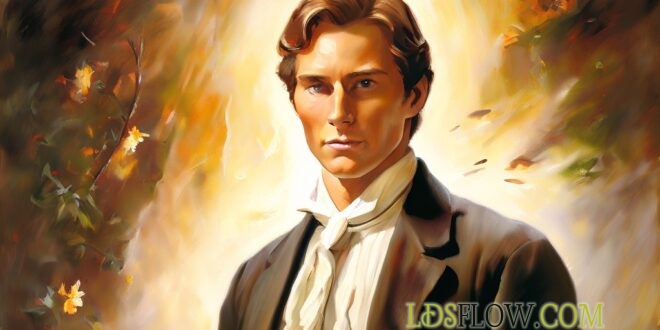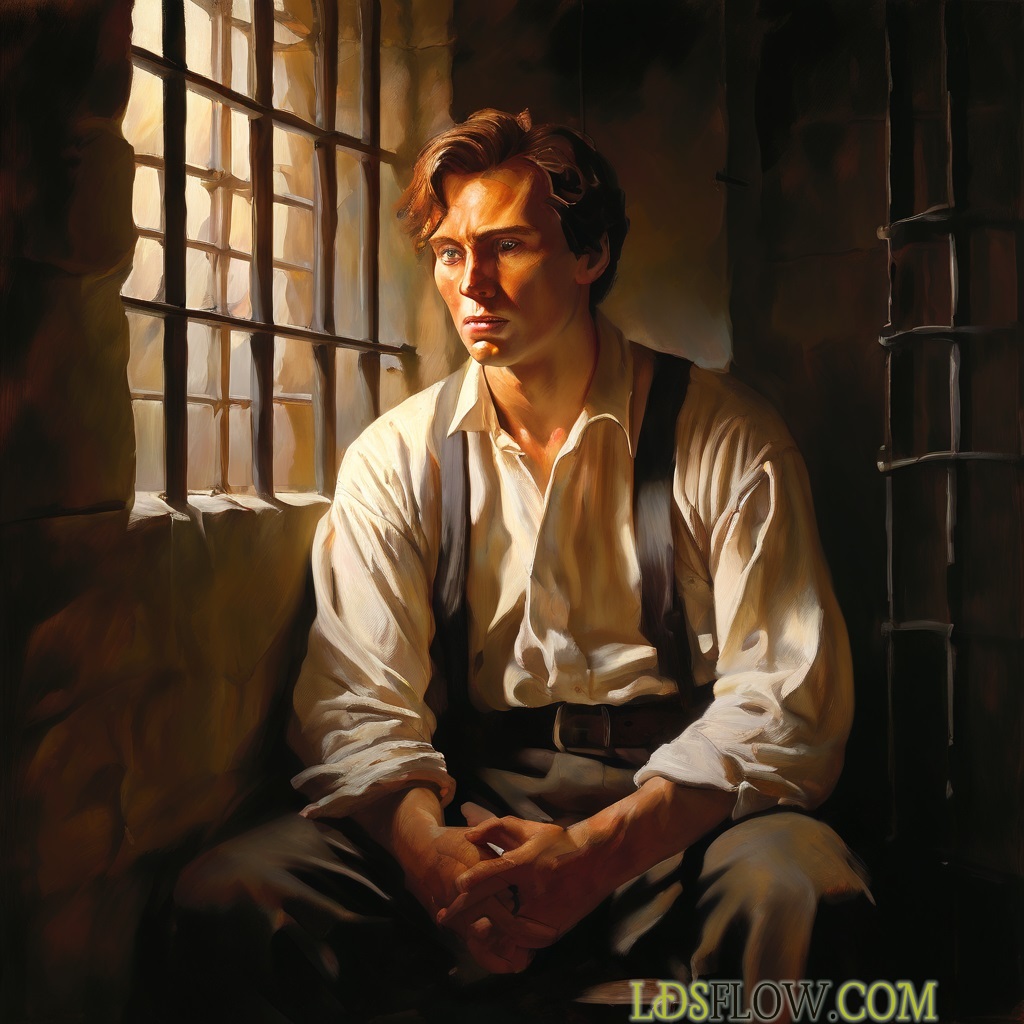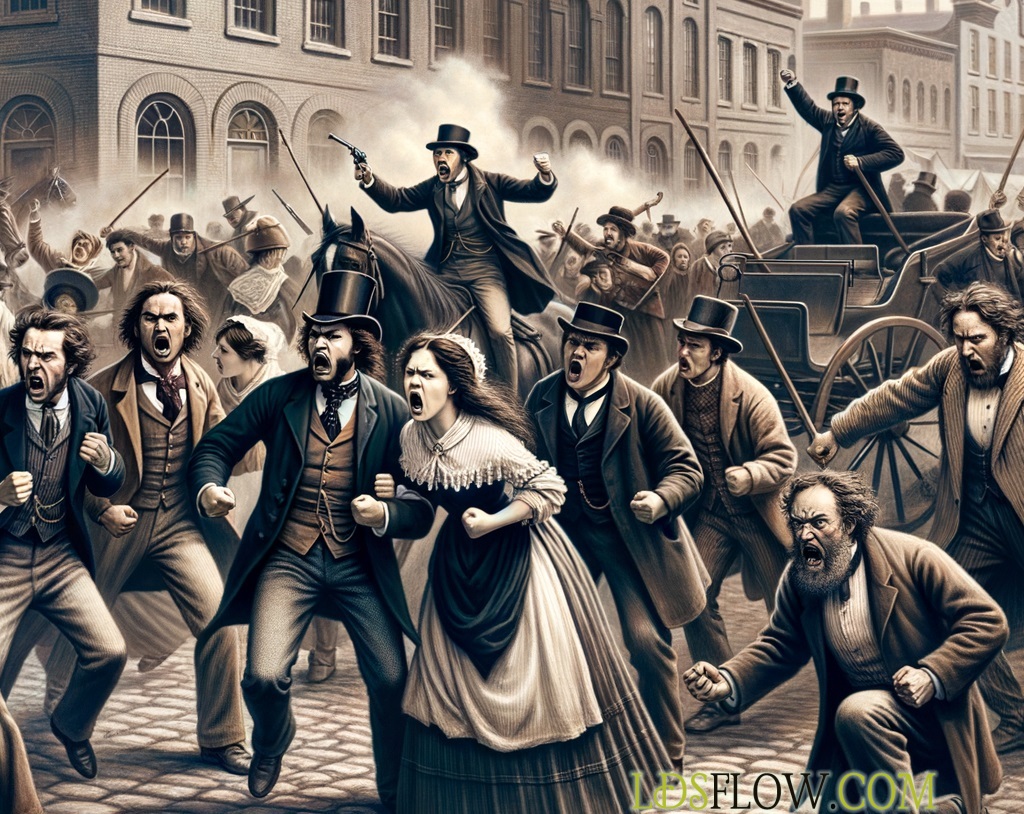When we think of assassinations in American political history, names like Abraham Lincoln, John F. Kennedy, and Martin Luther King Jr. often come to mind. However, a lesser-known but equally significant event occurred decades earlier. Joseph Smith, the founder of the Church of Jesus Christ of Latter-day Saints (LDS Church), holds the dubious distinction of being the first known U.S. presidential candidate to be assassinated. This tragic event not only shaped the future of the LDS Church but also highlighted the religious and political tensions of 19th-century America.
The Path to Candidacy
Joseph Smith’s journey to presidential candidacy was as unconventional as his religious leadership. Born in 1805 in Vermont, Smith founded the LDS Church in 1830 based on what he described as divine revelations. By the early 1840s, he had established a thriving religious community in Nauvoo, Illinois, and had gained a significant following.
Smith announced his candidacy for the 1844 U.S. presidential election on January 29, 1844. His decision to run was influenced by his growing frustration with the federal government’s refusal to protect the rights of Mormons, who had faced persecution and expulsion from several states. Smith believed that by running for the highest office in the land, he could bring attention to the plight of his people and effect change at the national level.
Campaign Platform and Vision
Smith’s presidential platform was outlined in a document titled “General Smith’s Views of the Powers and Policy of the Government of the United States.” This manifesto advocated for several progressive policies that were ahead of their time:
- Abolition of slavery: Smith proposed a gradual emancipation of slaves by 1850, with the government compensating slave owners for their losses.
- Prison reform: He suggested transforming prisons into seminaries of learning and rehabilitation centers.
- Annexation of Texas and Oregon: Smith supported the expansion of U.S. territory but opposed the war with Mexico.
- Banking reform: He proposed the establishment of a national bank with branches in each state.
- Religious freedom: Smith advocated for protecting the rights of all religious minorities, not just Mormons.
These policies, particularly his stance on slavery, were considered radical for the time and garnered both support and opposition.
The Campaign and Growing Tensions
As Smith’s campaign gained momentum, so did the tensions between the Mormon community and their neighbors in Illinois. Many non-Mormons were alarmed by the rapid growth of the LDS Church and what they perceived as its increasing political power. Smith’s unorthodox religious teachings, including the practice of polygamy (which was not publicly acknowledged at the time), also fueled opposition.
In June 1844, tensions reached a boiling point when the Nauvoo Expositor, a newspaper critical of Smith, published its first and only issue. The paper accused Smith of practicing polygamy and planning to set up a theocracy. In response, Smith, in his capacity as mayor of Nauvoo, ordered the destruction of the newspaper’s printing press. This action was seen by many as a violation of freedom of the press and led to charges of riot and treason against Smith.
The Assassination
On June 24, 1844, Smith and his brother Hyrum surrendered to authorities and were taken to Carthage, Illinois, to await trial. Three days later, on June 27, a mob of about 200 men with blackened faces stormed the Carthage Jail. In the ensuing chaos, both Joseph and Hyrum Smith were shot and killed.
The assassination sent shockwaves through the Mormon community and beyond. At just 38 years old, Joseph Smith became the first U.S. presidential candidate to be assassinated, a tragic distinction that underscored the volatile political climate of the time.
Aftermath and Legacy
The death of Joseph Smith had profound implications for both the LDS Church and American politics:
- Mormon Exodus: Under the leadership of Brigham Young, the majority of Mormons embarked on a mass exodus to the western United States, eventually settling in what would become Utah.
- Political Realignment: Smith’s assassination highlighted the need for greater protection of religious minorities and contributed to ongoing debates about religious freedom in America.
- LDS Church Growth: Despite the loss of its founder, the LDS Church continued to grow and is now a global religion with millions of members.
- Historical Precedent: Smith’s assassination set a troubling precedent for political violence in America, foreshadowing the later assassinations of sitting presidents and other political figures.
Conclusion
Joseph Smith’s brief presidential campaign and subsequent assassination represent a pivotal moment in American religious and political history. While his candidacy was unconventional and his chances of winning were slim, Smith’s tragic death highlighted the religious tensions of the time and the dangers faced by minority religious groups in 19th-century America.
The event serves as a reminder of the importance of religious tolerance and the protection of minority rights in a democracy. It also underscores the sometimes volatile nature of American politics, where deeply held beliefs and rapid social change can lead to conflict and, in extreme cases, violence.
As we reflect on this often-overlooked chapter of American history, we are reminded of the ongoing need for dialogue, understanding, and respect in our diverse society. Joseph Smith’s legacy, both as a religious leader and as the first assassinated presidential candidate, continues to influence discussions about faith, politics, and freedom in America to this day.
For those interested in learning more about this topic, I recommend consulting the following resources:
- The Joseph Smith Papers Project (www.josephsmithpapers.org)
- The Church of Jesus Christ of Latter-day Saints official website (www.churchofjesuschrist.org)
- “American Prophet: The Story of Joseph Smith” by Heidi S. Swinton
- “Joseph Smith: Rough Stone Rolling” by Richard Lyman Bushman
- No Man Knows My History: The Life of Joseph Smith” by Fawn M. Brodie







I am so overwhelmed by the historical events surrounding the Death of smith.
I love him so much and his courage as a little boy of 14 years.
I wished to see him in my dreams and I wish to be where he is like right now.
What a beautiful thing to say. Yes, he was VERY courageous. Thank you for your testimony.
He died young but gave us so much in return.